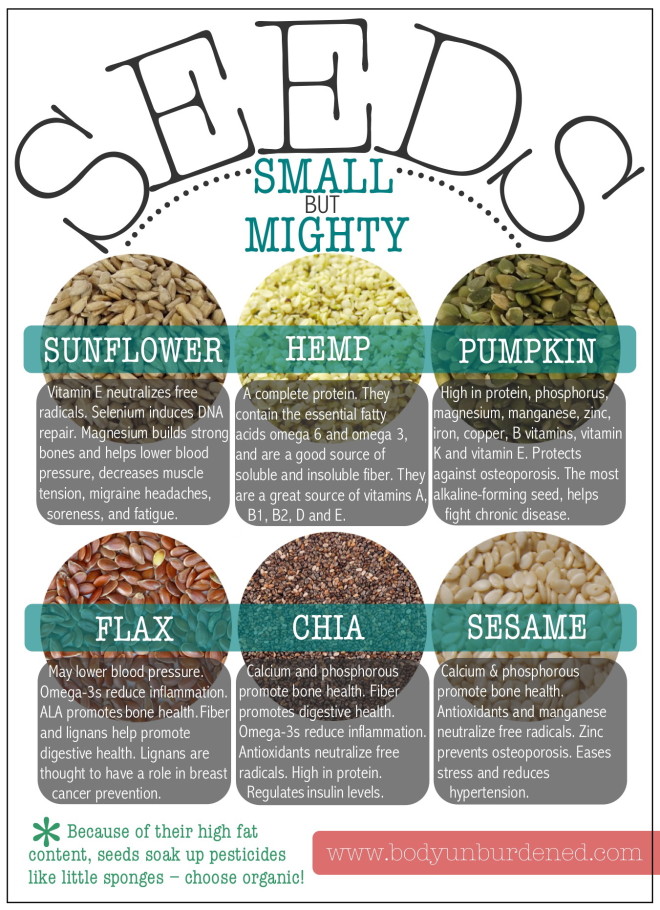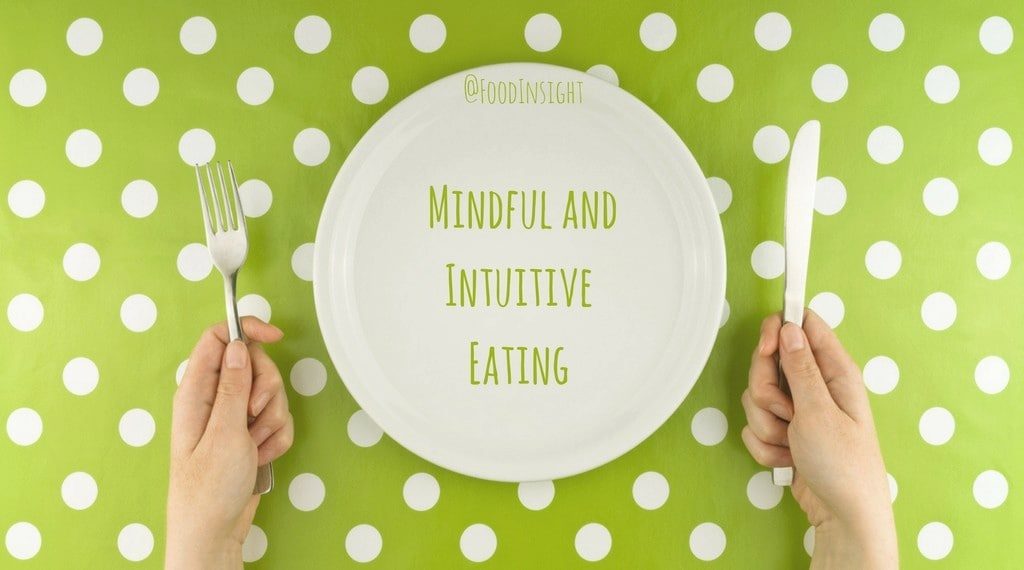In the health and wellness industry, carbohydrates are a hot potato. Fad diets like the Ketogenic Diet or Atkins require you to drastically reduce the amount of carbohydrates you consume each day. If you consume 2,000 calories per day, you can only eat 20 to 50 grams of carbohydrates (1).
That recommendation is dangerous and could cause serious health issues if followed for too long. The truth is that your body is built to handle up to 40% of your calories coming from carbohydrates (2).
Health professionals are concerned about the risks associated with eating an excessive amount of refined carbohydrates. The worst examples include breakfast cereals, donuts, white bread and white rice, to name a few. Given the obesity epidemic in America, their worries are valid.
As a future registered dietitian, my approach is different. I don’t want to scare you with statistics, regarding negative outcomes. Instead, I will teach you what carbohydrates are and why they must be part of a healthy lifestyle.
What are carbohydrates?
A carbohydrate in biology is represented by the chemical formula CxH2Oy. This simply means that to be considered a carbohydrate a food item must contain the elements of carbon, hydrogen and oxygen. You often hear that these break down into sugars and excess amounts are dangerous. This is true, no reasonable health professional would suggest otherwise.
What you don’t hear, sadly, is what the body does with those elements before the waste product of sugar is produced. Before we delve into that, let’s explore the definition of a carbohydrate in nutrition.

Formal definition in nutrition
Jamie Yacoub defines carbohydrates as “a molecule containing carbon, oxygen and hydrogen, and can either be simple or complex” (3). It’s encouraging that she uses the chemical structure to begin her definition. However, she continues her article with an explanation of the sugars contained in carbohydrates and why they need to be limited. Consequently, it is clear that most health and wellness professionals were taught to focus on the sugars.
With this in mind, we can forgive health and wellness professionals for focusing on this aspect of carbohydrates. Now, let’s look at what else they do to optimize your health.
What bodily functions do carbohydrates play a role in?
As we discussed earlier carbohydrates are vital to the body’s ability to carry out important processes. In this section, we’ll dive deeper into some of those processes.
1. Promoting Proper Brain Function
The brain is one of the most vital organs in your body. It controls everything from your heart rate to your blood pressure to how your muscles move. With this in mind, it is important to know that the brain uses 50% of the carbohydrates you eat for energy (4). Any molecule that the brain takes in for energy is broken down into glucose. Very few substances that can pass through the blood-brain-barrier; glucose is one of them.
Initially, scientists thought that astrocytes, a unique structure found in the brain fed glucose to the neurons. Now, studies are showing that glucose is used by neurons themselves each time they fire in the brain to send messages across synapses (5). Sending those signals happens incredibly quickly, and that speed requires energy. The brain is 2% of your total body weight (6) but uses 20% of the energy you have in any given day (7).
2. Energy Production
It is common knowledge that carbohydrates break down into sugars that the body can use as a quick source of energy. What most people don’t know is how any energy created. The body gets energy from a molecule called adenosine triphosphate or ATP for short.
In the next section, you will learn how the body produces ATP, thanks to carbohydrates. From that, we will delve deeper into the various benefits your body receives from a healthy dose of complex carbs.
ATP Creation and Overall Wellness
Remember that carbohydrates are any molecule that have carbon oxygen and hydrogen? The body instinctively promotes wellness with this food group through the hydrogen atoms. As the body breaks down carbohydrates you eat throughout the day, hydrogen atoms are taken into the mitochondria. Once there, the cells can transform adenosine diphosphate into ATP.
This is important to understand because ATP is the chemical molecule that gives the body energy it needs to perform necessary tasks (8). Let’s connect this to your overall well-being. Have you ever been sick and felt stronger after you had a meal packed with carbohydrates like chicken noodle soup? It is ATP hard at work! The additional hydrogen atoms from the extra carbohydrates give your body the energy it needs to kill foreign bacteria and viruses that have invaded your body.
Thank you carbohydrates!
3. Amino Acid Absorption
Proteins have been praised by health professionals for supplying the body with essential and nonessential amino acids. To understand the difference between the two amino acid types, you can read my article on protein. After getting the necessary amino acids, the body can do a variety of tasks. Some of these tasks include produce hormones, create neurotransmitters and rebuild skin cells, to name a few.
What they often forget to tell you is how important carbohydrates are if you want your body to adequately absorb tho amino acids in the protein sources you eat. Valine, for example, is an essential amino acid, and it must bond to carbohydrates before it can be used by the body. This is why burgers have buns or steak comes with potatoes.
4. Carbohydrates and Muscle Building
Most people think of protein when they talk about building muscle. Protein, however, is not the only necessary ingredient. Carbohydrates maximize the body’s ability to create new muscle proteins when eaten after a workout (9). After you’ve eaten, the body breaks down carbohydrates into glycogen, a molecule that fuels your muscles as you exercise (10).
The best options for muscle building are complex carbohydrates like oatmeal or whole grain bread. Essentially, any carbohydrate that looks like it hasn’t been stripped of its nutrients is a good choice.
5. Carbohydrates Help With Optimal Digestion
Throughout this article, you’ve learned about the different ways carbohydrates contribute to you overall well-being. Now, it’s time to review their most important role: stimulating digestion!
If you read my article on food label reading, you know that eating carbohydrates is the only way to get the fiber you need.
There are two kinds of fiber you can get from carbs: soluble and insoluble. Soluble fiber expands in liquids and helps you feel fuller faster. Some common foods with a lot of soluble fiber are berries, bananas and oatmeal. Insoluble fiber, on the other hand, can’t be digested by the body. Now, you might be wondering, “Why should I eat something my body can’t digest?” Let’s look at why you should.
You can think of insoluble fiber as the gritty scrubbing side of a sponge. It works to scrub away the undigested food that builds up in your intestines throughout the day. Getting rid of this build up eliminates the safe space harmful bacteria need to flourish. As an added bonus, it gives you more energy throughout the day!
Hopefully this article has helped you understand some of the bigger reasons why carbohydrates are part of a balanced healthy lifestyle.


